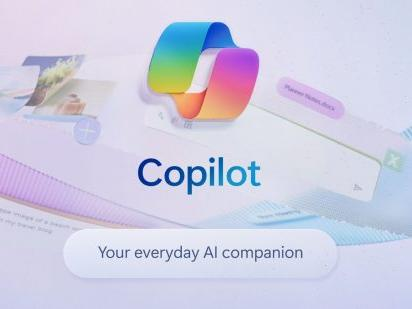- Microsoft announced that starting in November, its customers will be able to create autonomous AI agents to handle daily tasks. This is part of the company’s strategy to leverage the growing demand for AI technology.
- Microsoft will allow customers to use Copilot Studio.Its core function lies in allowing enterprise users to create and deploy autonomous AI agents without needing a deep programming background.
What happened
Starting in November, customers can create AI agents to handle daily tasks with little human help. Microsoft calls these agents “apps for an AI-driven world.” They can answer customer questions, find sales leads, and manage inventory.
Customers will use Copilot Studio, a tool that needs little coding knowledge, to build these agents. These agents use AI models from Microsoft and OpenAI. Unlike traditional chatbots, they don’t need much human control. Microsoft hopes businesses will use this platform to automate tasks like customer service and inventory management. Charles Lamanna, a Microsoft executive, said, “Copilot will be the interface for AI. Every employee will have their own Copilot to interact with many AI agents.”
However, Microsoft’s stock fell 2.8% in the September quarter, lagging behind the S&P 500 index, but it has still risen over 10% so far this year. Recently, people have expressed concerns about the speed of Copilot adoption. According to a survey conducted by research company Gartner in August, most of the 152 IT organizations surveyed have not yet advanced their Copilot plans beyond the pilot phase.
Also read: Microsoft Copilot: It’s worth a try
Also read: Copilot: Introduction to Microsoft’s AI assistant
Why it is important
AI agents can do daily tasks on their own, needing less help from people and making work faster and more efficient. AI agents can quickly analyze large amounts of data. They can provide businesses with more accurate insights, helping improve decision-making. Autonomous AI agents can process data locally. This can reduce the risk of data breaches and enhance data security. By simplifying the creation and deployment of AI models, Microsoft enables more businesses to leverage AI technology, thereby expanding the scope of AI applications. With the development of technology, the demand for AI and machine learning skills in the market is increasing day by day. Autonomous AI agents can help bridge the skills gap, enabling non-technical employees to also leverage AI technology.
Microsoft’s strategy not only promotes the widespread adoption and application of AI technology but also helps businesses improve efficiency, reduce costs, and enhance innovation capabilities, thereby maintaining a leading position in a highly competitive market.

